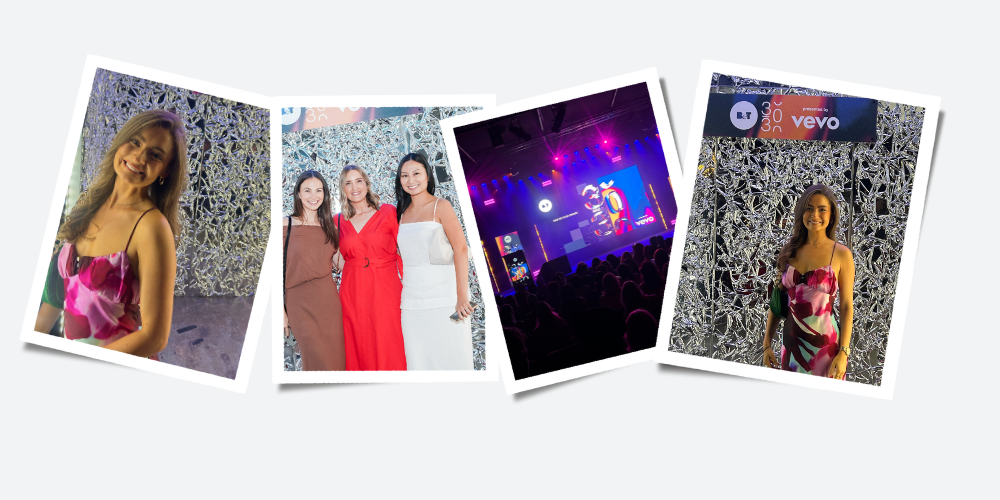How to: Ace the interview
Nailing an interview requires more than just showing up and answering some questions. It’s about preparation, presenting yourself in a way that leaves a lasting impression and following up well. Here’s our top tips to help you ace your next interview!
Get the prep right
Before you even step into the interview (or join the video call), a bit of research can go a long way.
- Know who you’re meeting: Take a moment to look up your interviewers on LinkedIn. Do they have any recent posts or accomplishments that can give you insights into their current projects or interests? You can also ask your recruiter for some background on their style and what to expect. It’s never nice anticipating a conversational style interview when in fact you could be meeting with a panel with behavioural style interview questions.
- Research the company: You should know what the company does and have a sense of their service offering or products. If they have a storefront or physical presence, check it out if you can. Be sure to familiarise yourself with any recent achievements, such as awards, and consider why you’re excited about the opportunity.
- Understand the role: Go over the job description thoroughly. Using the STAR method (Situation, Task, Action, Result), prepare examples for each of the key skills the job requires. This will help you demonstrate that you’re a great fit for the role.
- Develop your key point agenda – more on this to come!
During the Interview
It’s showtime!
Here’s how to make the best impression once you’re in the interview.
- Sharing your experience: Interviewers want to hear about specific projects you’ve worked on. Choose 2-3 key projects to discuss in detail, again using the STAR approach to provide structure.
- The STAR approach:
Situation: Briefly explain the background of the project or challenge you faced.
Task: Outline the task or objective you were given.
Action: Describe what actions you took personally, and what the team did overall.
Result: Wrap it up by highlighting the results or learnings from the experience.
- Ask thoughtful questions: Not just about the role but also about the company and don’t save all your questions for the end or wait to be asked; asking them throughout the interview shows that you’re engaged.
- Your key point agenda: What are the 3-5 things you want to make sure you communicate during the interview? These are likely to be the main reasons you think you’re an awesome fit for the role.
- If you have the opportunity to proactively share this information, rather than waiting to be asked a question that relates, you’ll make sure you’re walking away knowing that you put your best foot forward.
- The essentials: Arrive 5-10 minutes early, dress appropriately, and come with a notebook and pen. Have your key points and questions written down, so you’re ready to make the most of the opportunity.
- For video interviews: If it’s a video interview, present yourself professionally. Choose a quiet, distraction-free environment, dress as you would for an in-person interview and maintain eye contact by looking into the camera. Keep your hands busy by taking notes—this helps you stay focused and engaged.
Follow Up
The interview doesn’t end when you leave the room or close the video call. Following up can be just as important as the interview itself.
- Send a brief thank-you note: Within 24 hours, send a personalised thank-you email. Not only does this show appreciation for their time, it’s also an opportunity to reinforce your interest in the role. Keep it polite and brief, however, if you felt you forgot to mention something or wanted to clarify a point further, this is your opportunity.
- Check in with your recruiter: If you’re working with a recruiter, get in touch to share your feedback and they will be able to give you an understanding of when you’re likely to receive feedback from the organisation, along with next steps.
- Ask about next steps and the hiring timeline.
By following these steps, you’ll be well-prepared, make a strong impact during the interview, and leave the kind of lasting impression that could land you the job.
Get in touch with your iknowho talent partner if you’d like more tailored advice, we’re here to help!










